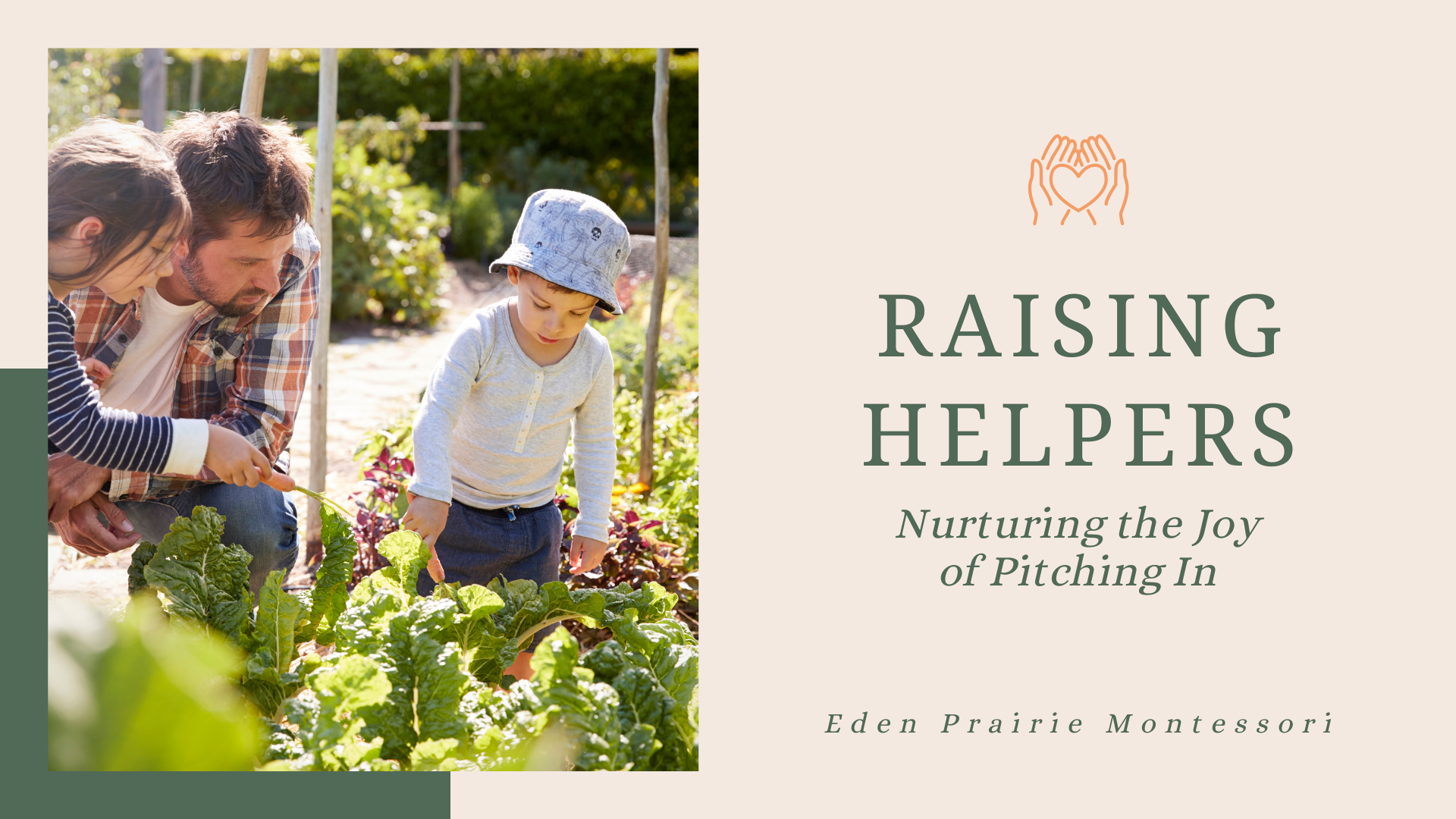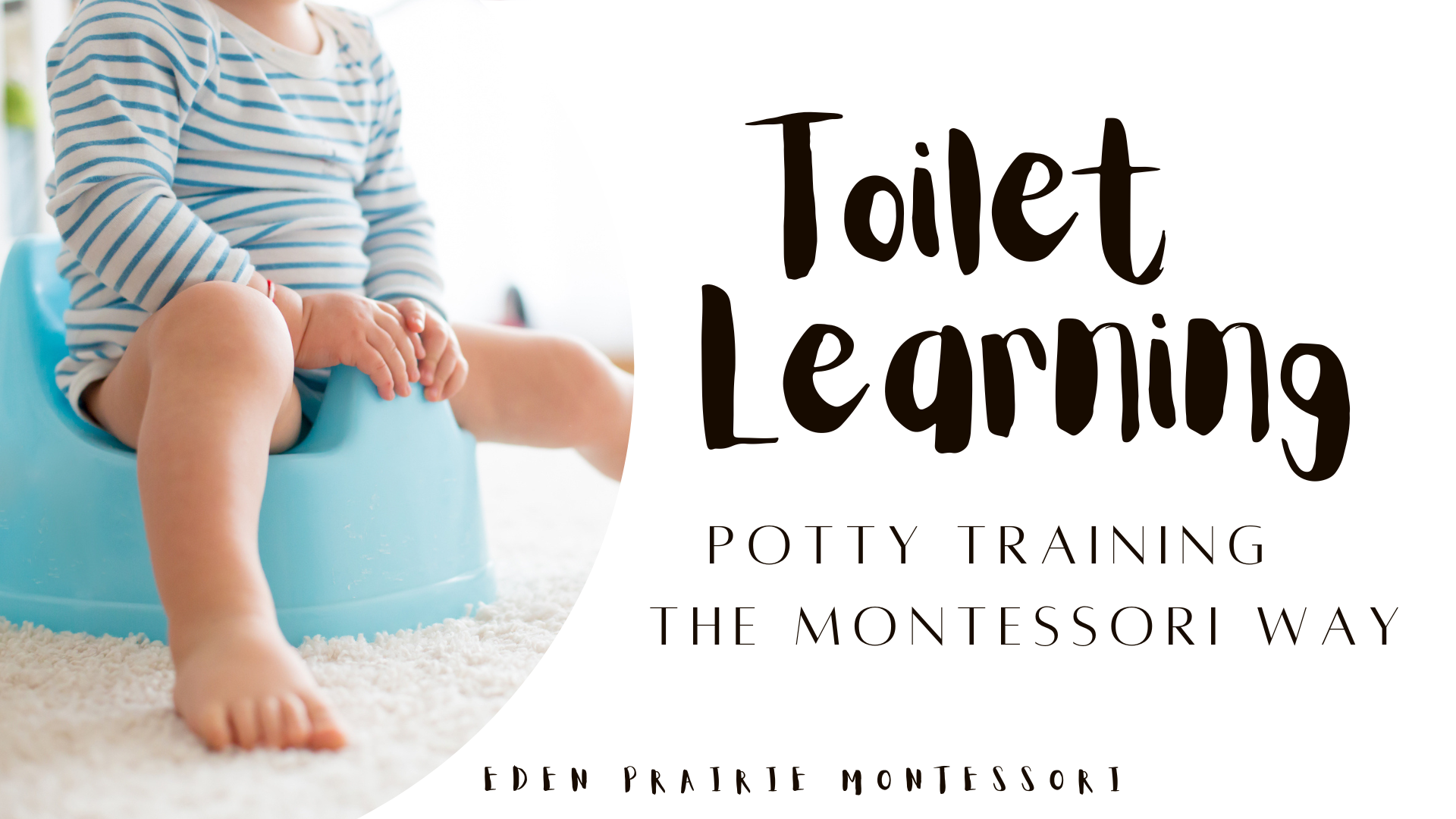Eden Prairie Montessori Learning Blogs
Co-parenting & Childcare
Families are diverse and many are non-traditional in today’s age. Some may have two moms or two dads or are being raised by their grandparents, a close family member or in foster care. In today’s blog post we’ll give you some tips specifically for those parents who are co-parenting in split household situations.
One of the most important things to cultivate as a parent is consistency in a child’s routine as well as their child care. With the many transitions that accompany divorce or separation, making sure that your child feels secure & comfortable with the facility you choose for their care is essential.
Selecting the right center for your child will help them grow and develop the critical skills needed to excel throughout the rest of their lives while supporting them through this bumpy adjustment.

Plan-Organize-Schedule
In today’s digital age there are apps designed specifically for co-parenting!
Make sure that your child has a clear schedule of events that are happening in their world. Child care is no exception. Talk to them about the changes that are happening at home & reassure them that they will still be attending the same preschool, with their friends . It’s always an added bonus to provide them with a visual calendar. Maybe purchase one for the child’s bedroom where they can see what days they are with mom & when they’ll transition to dad’s. Put the preschool schedule on the calendar as well as birthdays, activities, holidays & upcoming outings.
Here are a few great apps that assist parents with staying on the same page & creating a stable communication plan.
Most of all, make sure communication between you and the other parent is civil & kind in front of your child. When divorce happens with a young child involved, they haven’t developed the skills to express exactly how they feel all of the time. Remind them that you both love them very much-giving lots of cuddles, hugs & love.
Due to their age, children are not able to comprehend all of the changes happening around them. They know that their world is changing but they will not be able to communicate how they feel, what they need, etc. and you may see some changes in their overall demeanor. Some children resort to aggression. If they have been potty trained, they may regress and begin wetting the bed again. You may see extra tears, separation anxiety or trouble sleeping.
Be patient. Be kind. Talk to them about all of the changes. Keep it simple and reassure them again and again that you love them unconditionally.

Comfort items will help your child get through transitions-
When it comes to preschool, it is a lovely idea to leave notes, drawings, and even little painted rocks in random places to surprise your child. Sometimes in their lunches, and sometimes in their backpacks. Comfort items can help reassure them during the transition period.
If your child has a beloved teddy bear, blanket or “lovie” that they use for sleep and comfort, it may be worth packing in case of an emergency. You could also give your child something special of yours like a favorite scarf or bandana. Tracing your hand on a piece of paper & cutting it out and placing it in their bag, reminding them that if they get sad they can hold your hand. Make a point to give them thoughtful reminders to let them know your heart is always there with them.
Children can sense your emotions. How you deal with the changes & transitions will affect them . If you are frequently angry, stressed, & spiteful, they will pick up on that attitude; giving them the message that you are not okay, they are not okay, & they could begin to mimic those same expressions. Divorce and separation are undeniably stressful. You are bound to have hard days.
Try as hard as you can to decompress before you pick them up from daycare. Seeking help from an outside source may be the answer for you. It could potentially help your little one deal with their emotions as well. Be as positive as possible and let them express how they feel. Here are a few age-appropriate books to check out that help to understand emotions and breakdown the situation:
Reading books that they can relate to is a good way to connect with them and teaches them words and phrases that pertain to their situation. Talk about the books & read them often Or get creative and create your own book. Take photos of both homes, pets, their bedroom, and family members who reside there add text like: “This is Olivia at Dad’s house. This is her dog, Charlie. This is Mommy’s house and their two fishes, Gus and Stevie.”
Depending on the parenting plan you have agreed upon, it is inevitable that you will run into your ex often. The most important person in the transition is your child . Set aside any anger, tension, or “choice words” when your child is present. Each time they leave one parent they will be filled with many emotions. They are happy to see the one and sad to leave the other. Never punish them for feeling sad or acting out during these times.
You can help your child anticipate the change by talking about it the night before, packing & keeping the communication about them . Don’t ever make your child a messenger or say mean and hurtful things regarding the other parent. Consider the option to always drop-off & never pick u p. This helps with the idea or thought that you may be “taking” them from the other parent or interrupting a special time.

Talk to your child’s preschool teacher about the changes that are occurring at home-
Early childhood education is a balanced, constant in your child’s life. Make it a priority to keep their attendance regular and correspond with their teacher often about how the child is doing, any new behavior patterns, or voiced concerns. Work closely with the preschool, as a team, with your child’s well being at the center of that partnership .
Teachers can help support your child through this upsetting time. They can make themselves available to students and parents to talk with. Teachers also keep things consistent with routines, rules & expectations at school. At preschool, your child can receive encouragement and guidance towards good friends & community groups. Creating a safe, friendly environment that gives children reassurance is essential in the classroom.

Our team at Eden Prairie creates your child’s curriculum based on the observations of the children in the classroom. This means that our teachers learn about your child’s needs, strengths, and interests and then create their curriculum from those keen observations. We believe that by surrounding our students with highly qualified, specially trained professionals, each will reach his or her full potential from a cognitive, social, emotional, and physical perspective.
Working on smooth transitions is a process. Planning & sticking to a routine will help make the adjustment for all involved as peaceful as possible. It takes time to feel comfortable right away when change is happening all around you. But remember, children, are resilient and just need to be loved, communicated to, & thrive in a structured environment.
Whether you are just looking around or are interested in enrolling your child in Eden Prairie, we are excited to learn more about you and your family!
We look forward to helping you make the best choice for your big decision. We will follow up with more information and a phone call to answer any questions you may have. If you would like to book a tour, do not hesitate to call us at 952-777-3606.
Call us now, spots fill up fast !
The post Co-parenting & Childcare appeared first on Eden Prairie Montessori.









